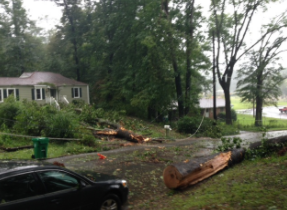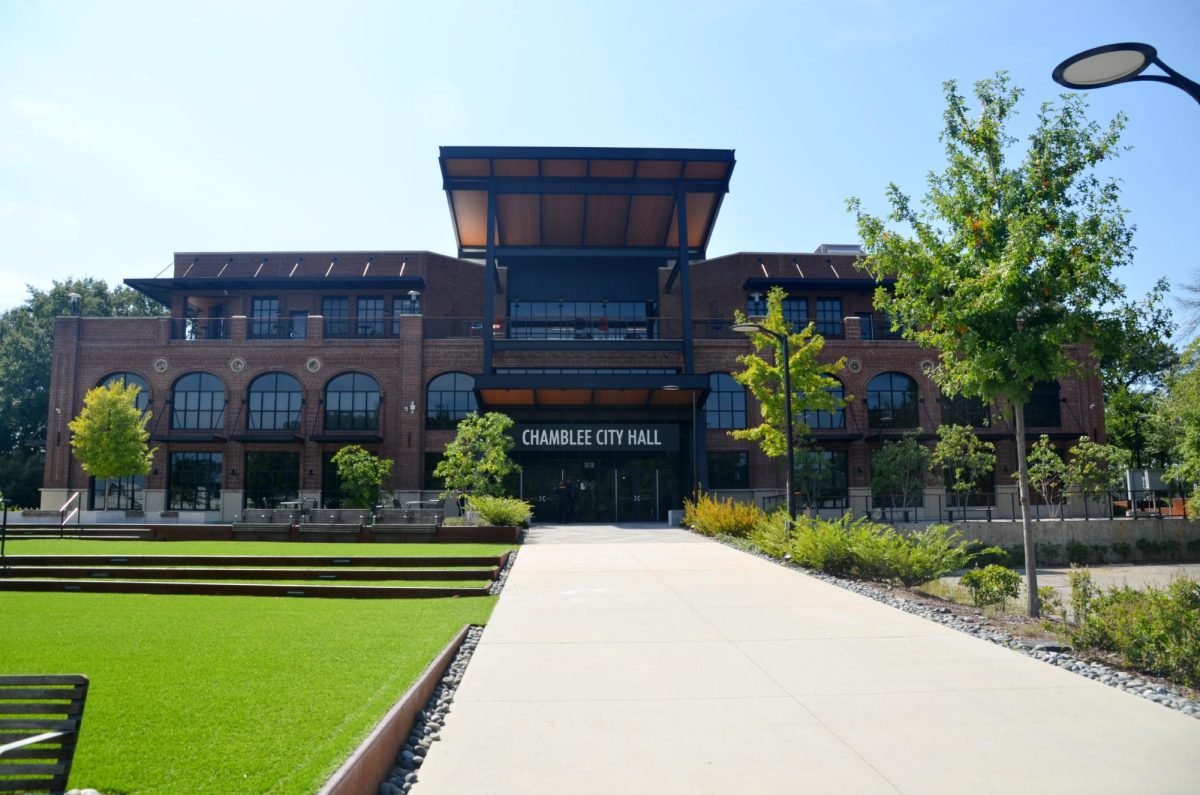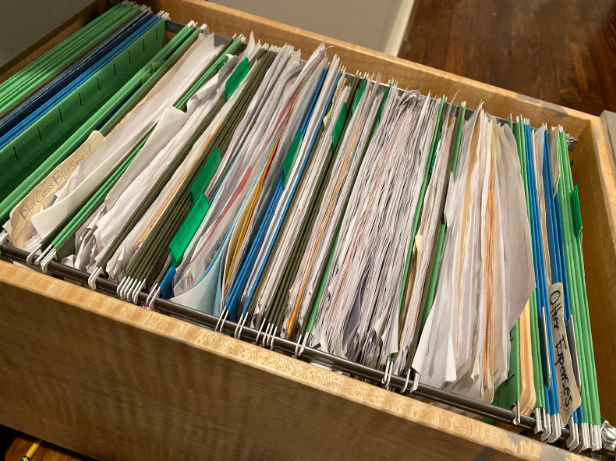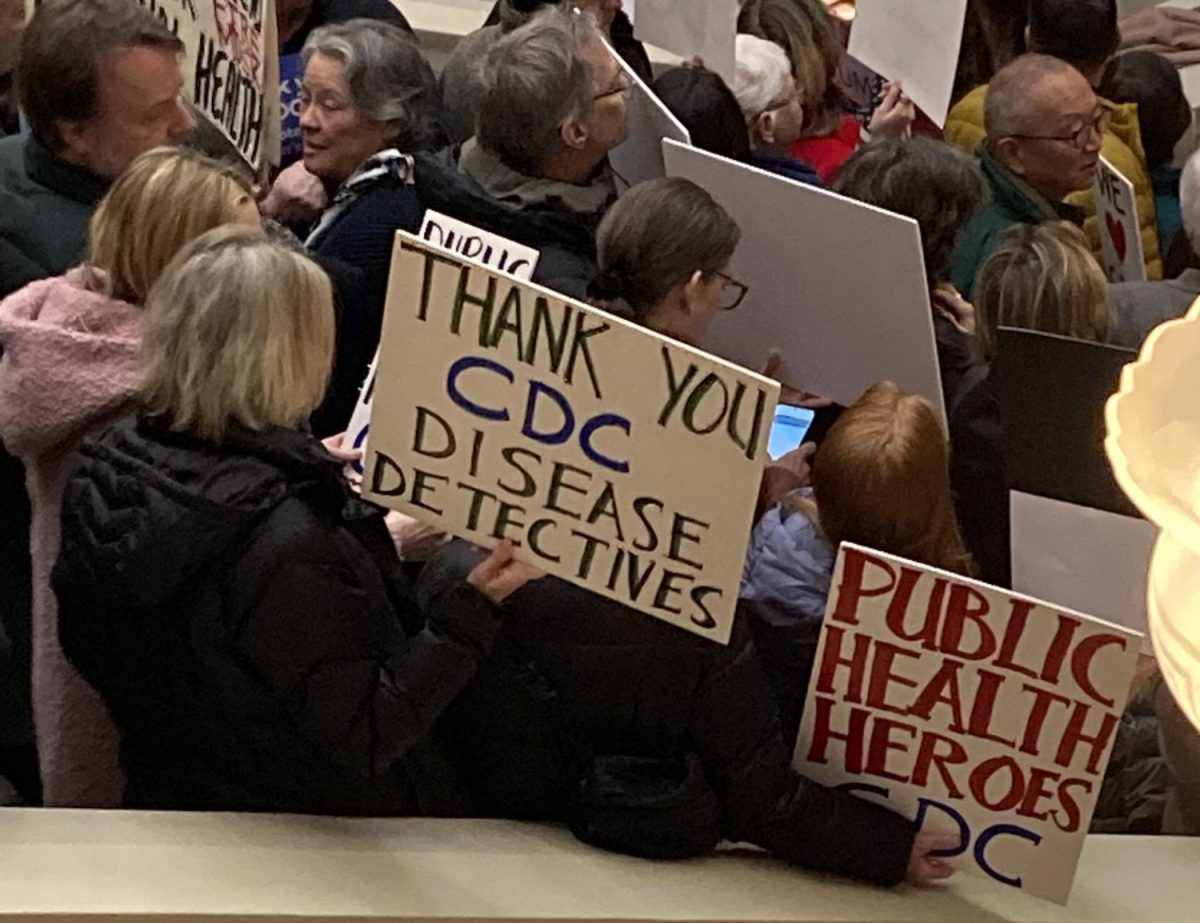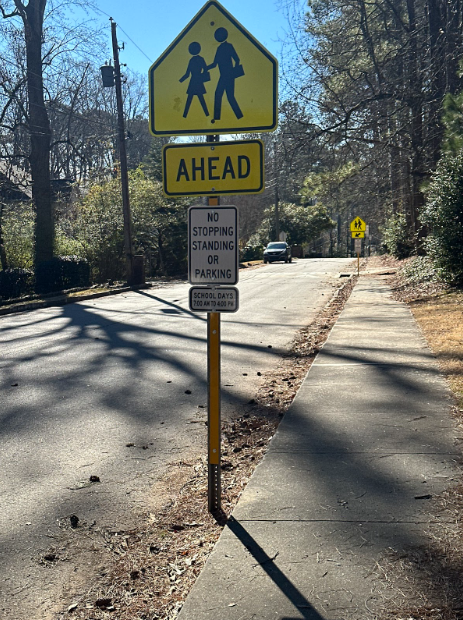The Atlantic Ocean has been a whirlwind this year, with hurricanes and storms beating up and down the North American coast ever since May. On August 30, a new storm began which would go on to become the most powerful hurricane since 2005, with winds gusting up to 140 mph, resulting in over 75 deaths, and costing at least $50 billion — this was Irma.
“My mom’s house is surrounded by trees and they were dropping limbs left and right,” said junior Henry McKlin. “We don’t have a basement so we spent a lot of time in the laundry room because it’s the only room without windows.”
On September 5, Hurricane Irma reached Category 5 strength just before reaching the Caribbean Sea, where it proceeded to completely wreck many island nations before moving on to mainland North America, hitting Florida with winds still up to 130 mph. Heading straight up the Florida peninsula and into Georgia, Irma was reduced to a tropical storm before fizzling out into a depression, dying in the Tennessee Valley.
Across metro Atlanta, over 300,000 people lost power, and around all of Georgia the number reached a staggering 1.2 million left in the dark. Sophomore Emily Young lost power for two days, but other than that was relatively unaffected by it.
“We just opened the windows and I read some books, did some homework, you know, the usual,” she said.
McKlin lost power at his father’s house for nearly a full week before it was restored.
“At my dad’s there was a massive tree that fell right across the street that took down four different lines,” he said. “He lost it [power] on Monday night and got it back the next Sunday.”
For McKlin, similar to Young, the biggest impact the storm had was the power lost, and the time was spent doing various thing confined within the house.
“I wrote a good few letters to some camp friends and played lots of Bananagrams,” he said. “I also went to Emory when both of my parents were without power to charge up. I even ate all the ice cream in the freezer because it was melting.”
Although some people in Irma’s wake were left relatively unharmed, others were faced with a multitude of different issues. Dr. Kathryn Zuehlke, a chemistry teacher here at Chamblee, had a tree fall in her neighborhood that caused extensive damage, just barely missing her house.
“A tree from across the street fell into our yard and knocked down power and Internet lines. We also discovered several days later that it cracked our incoming water line,” she said. “The power oscillated on and off multiple times before finally shutting off for good and created a massive power surge. The electrical noise was so loud, we didn’t hear the tree fall. The surge set my neighbor’s hot water heater on fire, short circuited another neighbor’s wiring by melting the insulation, and damaged our breaker box. Two of the outlet breakers in our house needed to be replaced as well.”
Had the tree been just a little bit closer, the damage could have been far more severe.
“The top branches grazed the house and caused minor structural damage,” said Zuehlke. “If the tree had been a few feet closer, it would have crushed our roof, so all in all, damage could have been much worse.”
Despite the fair amount of damage she received due to Irma, Zuehlke believes that despite what happened, she has still never experienced a “true hurricane.”
“Comparing the inconvenience I experienced to the total devastation that currently exists in Puerto Rico or the flooding in New Orleans or Houston would be insulting to the survivors of those events,” she said. “ I could always go to the store for water and food or the gym to take a shower and recharge batteries.”
According to Zuehlke, various response teams who were needed were always efficient and quick.
“The response was very well coordinated,” she said. “The fire department arrived within a few minutes and inspected all the affected homes for possible hidden fires. Tree crews unblocked the road within an hour so that electrical crews could work. Restoring power took multiple visits from Georgia Power as well as electricians. They had to make sure that internal repairs to our homes had been made so that restoring power wouldn’t cause fires.”
The response was apparently not quick enough, however. The widespread power outages and roadway obstacles led to a decision by DeKalb County officials to close schools from Monday, September 11 to Thursday, September 14.
“It’s put us behind, that’s not surprising,” said math teacher Andrew Milne.“I think we’ll be able to make it up but it’s going to be a little bit of a rush we’re going to have to move a little bit more quickly.”
In order to make up for these four days lost, the county implemented a policy to extend school by twenty minutes per day. Starting on Monday October 2 and continuing throughout the month of October, this new schedule will cause school days to run from 8:15 a.m. to 3:40 p.m.. In addition, all DeKalb schools will be in session on Tuesday, November 7 for Election Day.
“The twenty minutes every day is going to occasionally make class a little more rushed, and occasionally going to give students a little more time to work on their homework,” said Milne. “It’s not going to increase the amount of stuff I can cover. I can’t cover more in a day because we have three minutes more in a period, so in terms of catching up, it doesn’t really do much for me.”

